Undergraduate field courses
A highlight of studying at the Centre for Ecology and Conservation is the opportunity to undertake fieldwork, during daytrips and 6 or 10 day field courses during second and third year respectively.
Field courses are an integral part of your undergraduate experience, allowing you to apply your knowledge and obtain practical field research skills at stunning ecosystems across the UK and Europe.
"The Centre for Ecology and Conservation aims to tackle the Global Biodiversity Crisis. Our courses share field skills required for your future careers, and the immersive experience of visiting precious ecosystems and wildlife.
While studying on our Penryn Campus you will experience daytrips to Cornwall’s incredible marine and terrestrial ecosystems, and you will be taken on two residential field courses to fantastic destinations.
Students see the world’s most extraordinary fauna and flora and meet stakeholders in the fight to prevent extinctions... meanwhile learning how to minimise their environmental footprint.
In 2019 the University of Exeter declared a Climate and Environment Emergency, and our approach to field courses is a crucial step towards net zero for our activities by 2030."
Read more from Professor Dave Hodgson
Professor Dave Hodgson
Director of the Centre for Ecology and Conservation
You will work closely with our expert academic staff, who have decades of experience in performing ground-breaking field research, and our field courses also provide you with a fantastic opportunity to forge lasting relationships with your fellow students and academics.
Frequently Asked Questions
Dependent on the choice of modules in your study programme, you will have the opportunity to get out in the field on several day trips. In year 1, Marine students will join us on the research vessel Tiger Lily to learn marine surveying techniques, such as how to work with remotely operated vehicles (ROVs), take seawater measurements and how to sample plankton. In year 2, you will be out in the field again, learning how you will measure the structure of ecological communities by catching and recording fish species across different marine habitats.
Next to marine day trips, students will also have the opportunity to study terrestrial biodiversity. Dependent on module choice, you can join our expert staff to study animal behaviour during a day trip to Newquay Zoo, or take our field trip to Tehidy Woods during which you will learn various ecological sampling techniques and how to measure forest communities. We also have day trips to the fantastic nature surrounding our Penryn Campus, such as to study rockpools in Gyllyngvase and Castle Beach in Falmouth. Other day trip destinations offered (dependent on module choice) are Sennen Cove and Land's End, Gwithian Towans, the Helford Estuary on the Lizard Peninsula, Devichoys Woods as well as various practical field experiences in our fantastic garden campus.
As we believe that field course teaching is essential to your learning, the costs are included in your course fees. The exception is for international field courses in year three, where you would need to cover the cost of travel to the field course destination. However, we offer one international field course destination in year three where travel costs will be covered by us (Northern Spain). We strive to organise our field courses to destinations in Europe that are affordable with a relatively low carbon impact, while giving you the best possible learning experience.
Below is an overview of the destinations we offer during a typical year. Destinations in your year of study are subject to change and we pride ourselves on teaching you field research skills that are broadly applicable and not tied to specific locations. You can choose one destination in year 2 and one destination in year 3.
Typical Field Course destinations in Year 2
Typical Field Course destinations in Year 3
"Whilst on my field trip to the Scottish Highlands, I was reminded why I decided to study Zoology. Getting to learn about Scotland's diverse biomes, from Caledonian forest to Tundra, was a pretty magical experience.
Let alone the wildlife that is rarely seen elsewhere in the UK such as Arctic Skuas, black grouse and even the resident bottlenose dolphins (the largest of all bottlenose dolphins globally).
It was also a great opportunity to put our scientific skills to the test, coming up with our own mini research projects, with the support of our lecturers. All whilst having a great time with peers that you may not usually see outside of the lecture theatre, creating great memories!"
Kacey
BSc Zoology
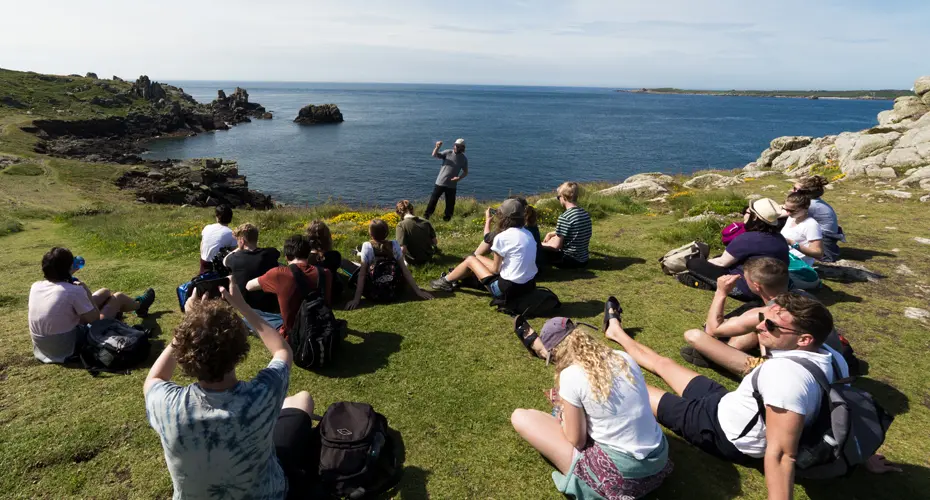
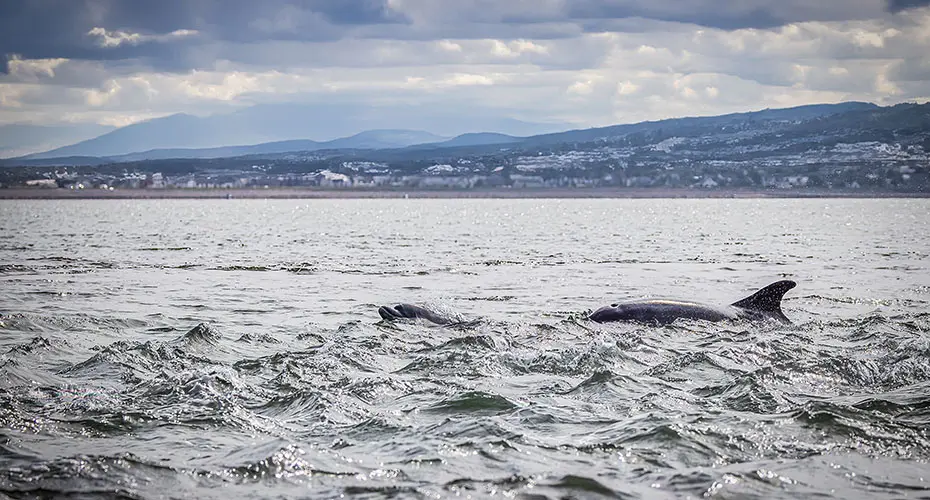
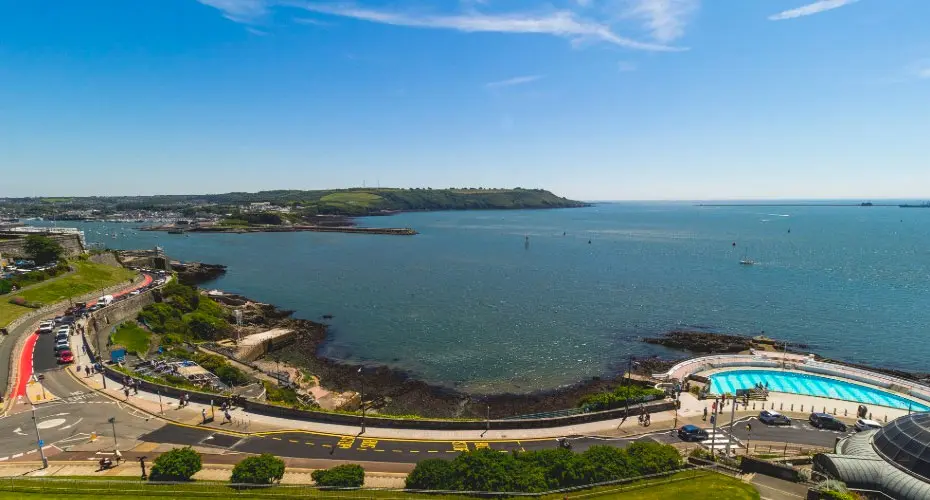
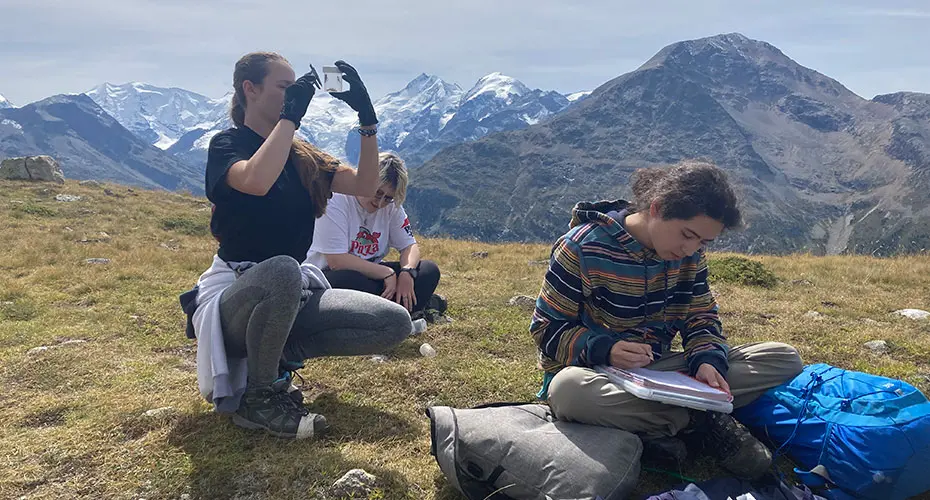
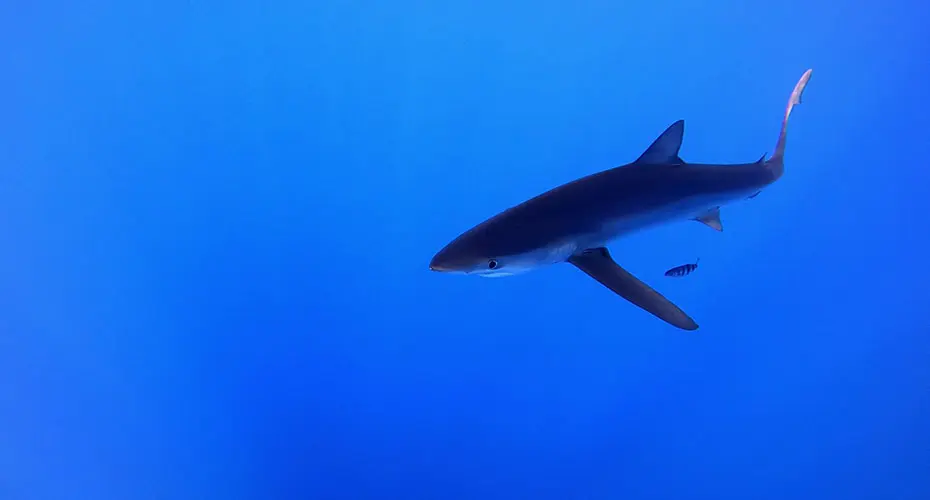
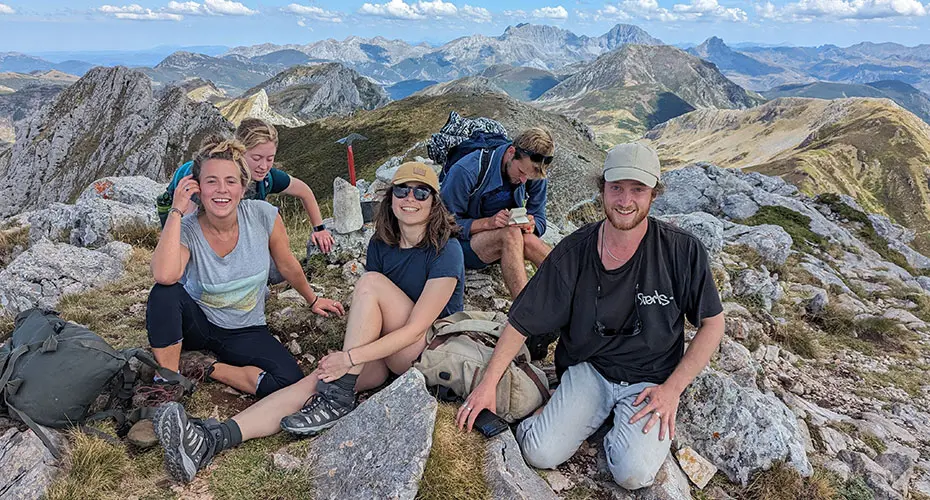
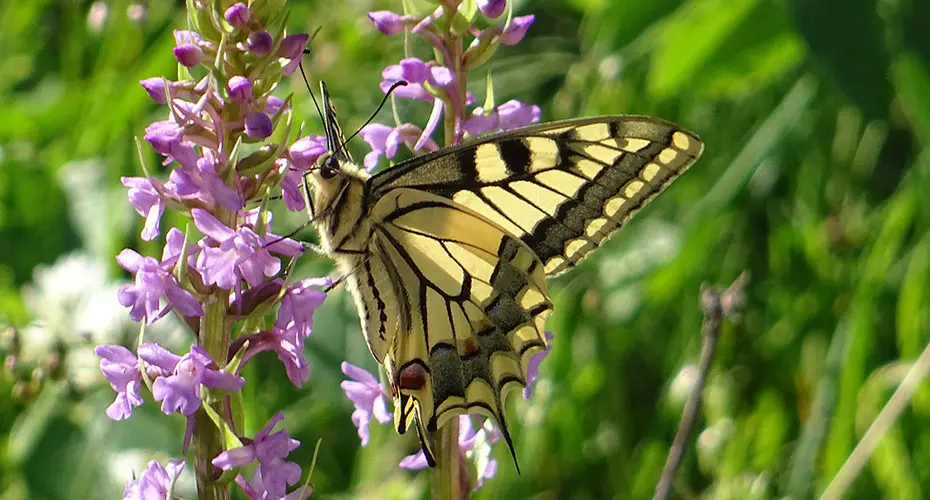

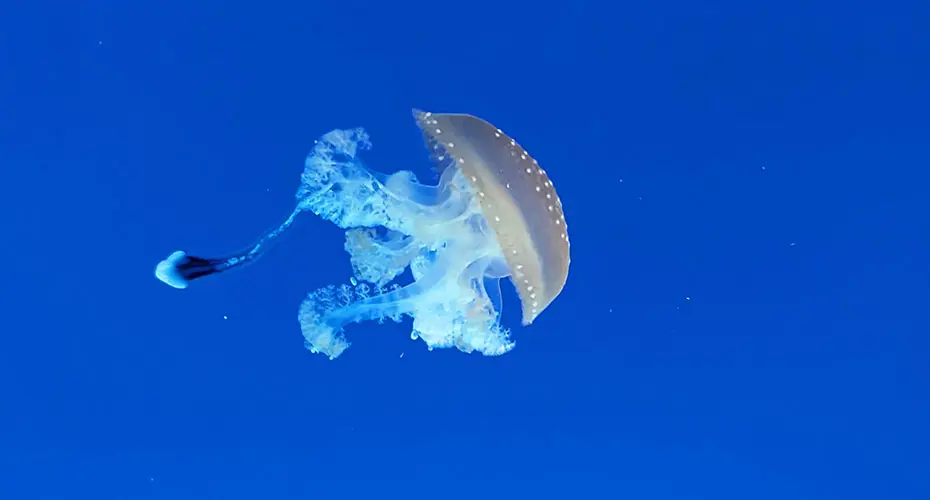

.webp)
.webp)
_Oscar_Wainwright_(2).webp)
.webp)
.webp)



